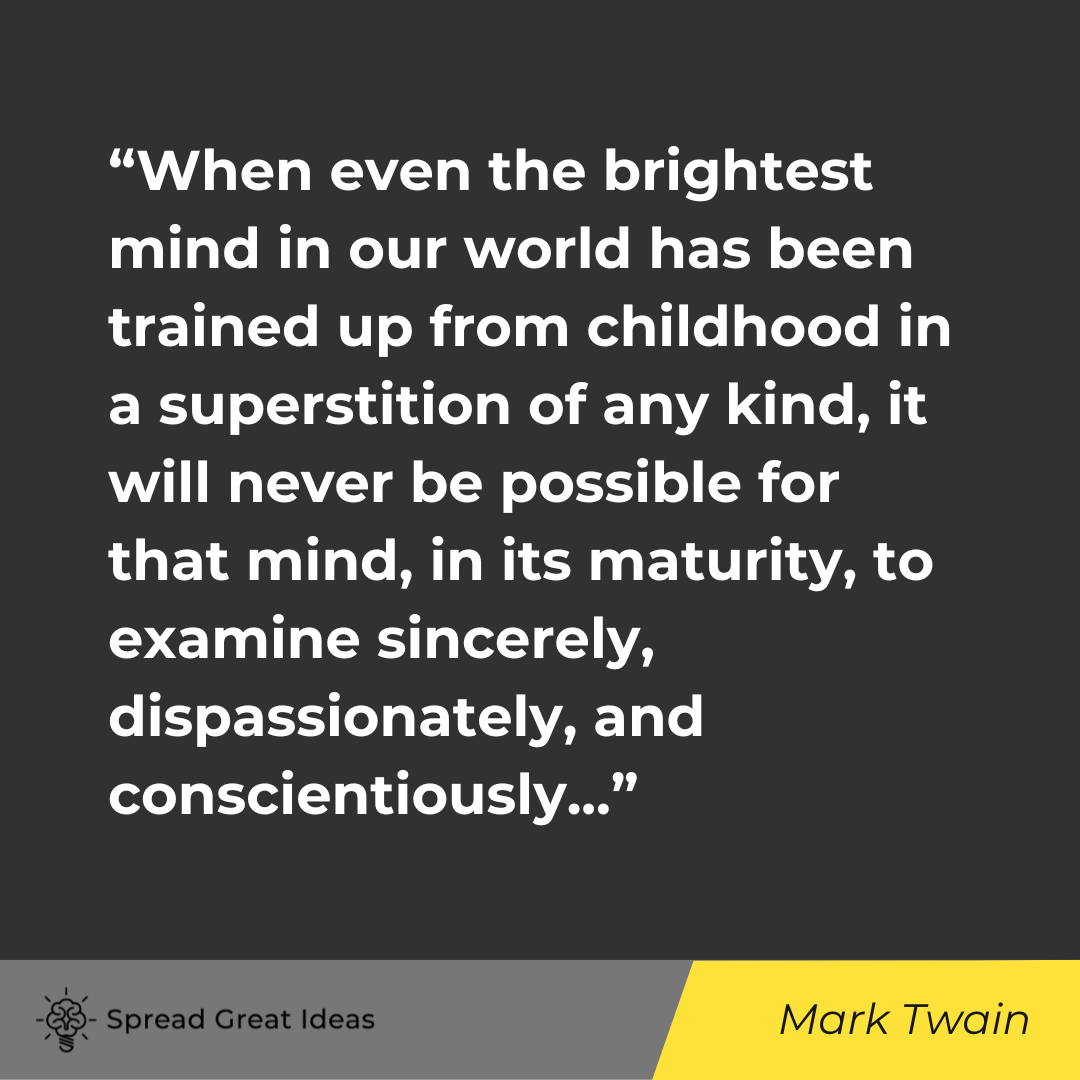Table of Contents
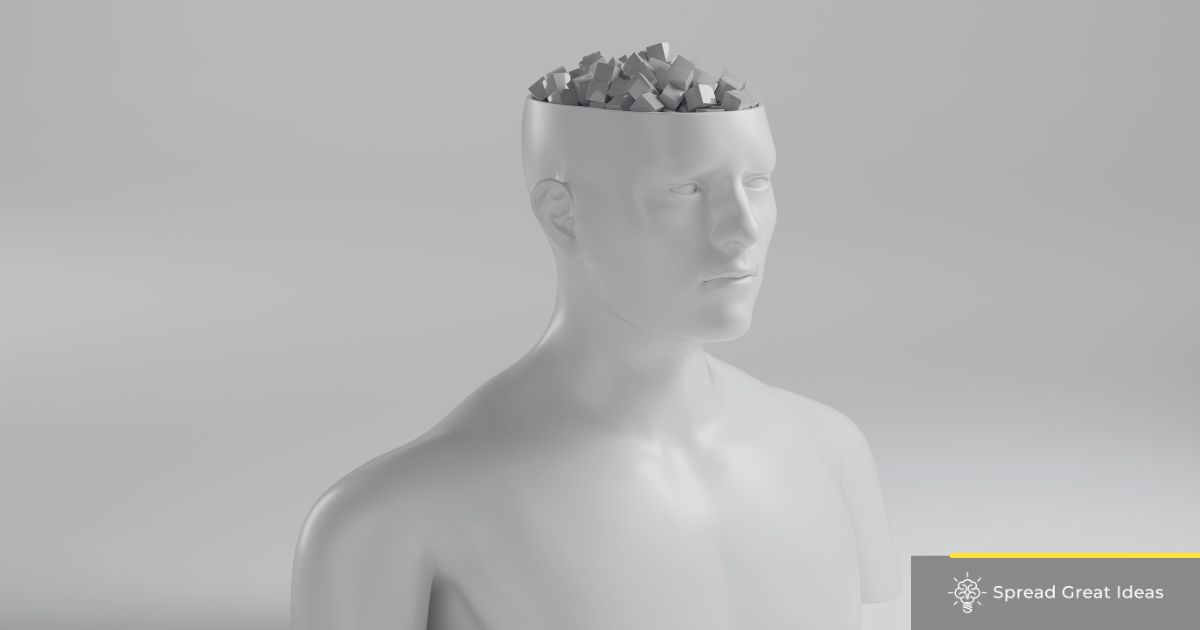
Indoctrination is the process of inculcating a person with a set of beliefs, attitudes, or behaviors that are not based on critical thought or reason. It can take many forms, such as propaganda, censorship, and fear-mongering. A twisting of information and facts used to control or manipulate people, its negative impacts on society can be felt for generations.
There are many dangers associated with indoctrination. One of the most serious is that it can lead to people being unable to think critically for themselves. When people are indoctrinated, they are taught to accept certain beliefs or ideas without question. This can make them vulnerable to manipulation and exploitation by those who would seek to control them.
Another danger of indoctrination is that it can lead to people developing cognitive biases. Cognitive biases are errors in thinking that can lead to faulty judgments and decisions. Some common cognitive biases include confirmation bias, anchoring bias, and availability heuristic.
Confirmation bias is the tendency to seek out information that confirms our existing beliefs, and to ignore or dismiss information that contradicts them. Anchoring bias is the tendency to rely too heavily on the first information we are given when making a decision. Availability heuristic is the tendency to make judgments based on information that is easily available to us, even if it is not necessarily accurate or relevant.
Thanks to social media all three of these forms of cognitive bias have been exacerbated, algorithms have created echo chambers that we regularly seek information and affirmation from on a daily basis. We only see what we want to see and hear what we want to hear.
The collection of quotes below highlights the dangers of indoctrination. It includes quotes from some of history’s most deplorable despots showing the evil of indoctrination, as well as free thinkers, such as Baruch Spinoza, to show how one should be aware of indoctrination and fight against it. Question what the mainstream media and your FYP feeds you in terms of information. Do your research, educate yourself, and most importantly be open-minded, allow your beliefs to be challenged and changed when appropriate.
Quotes:
Baruch Spinoza
“Academies that are founded at public expense are instituted not so much to cultivate men’s natural abilities as to restrain them.”
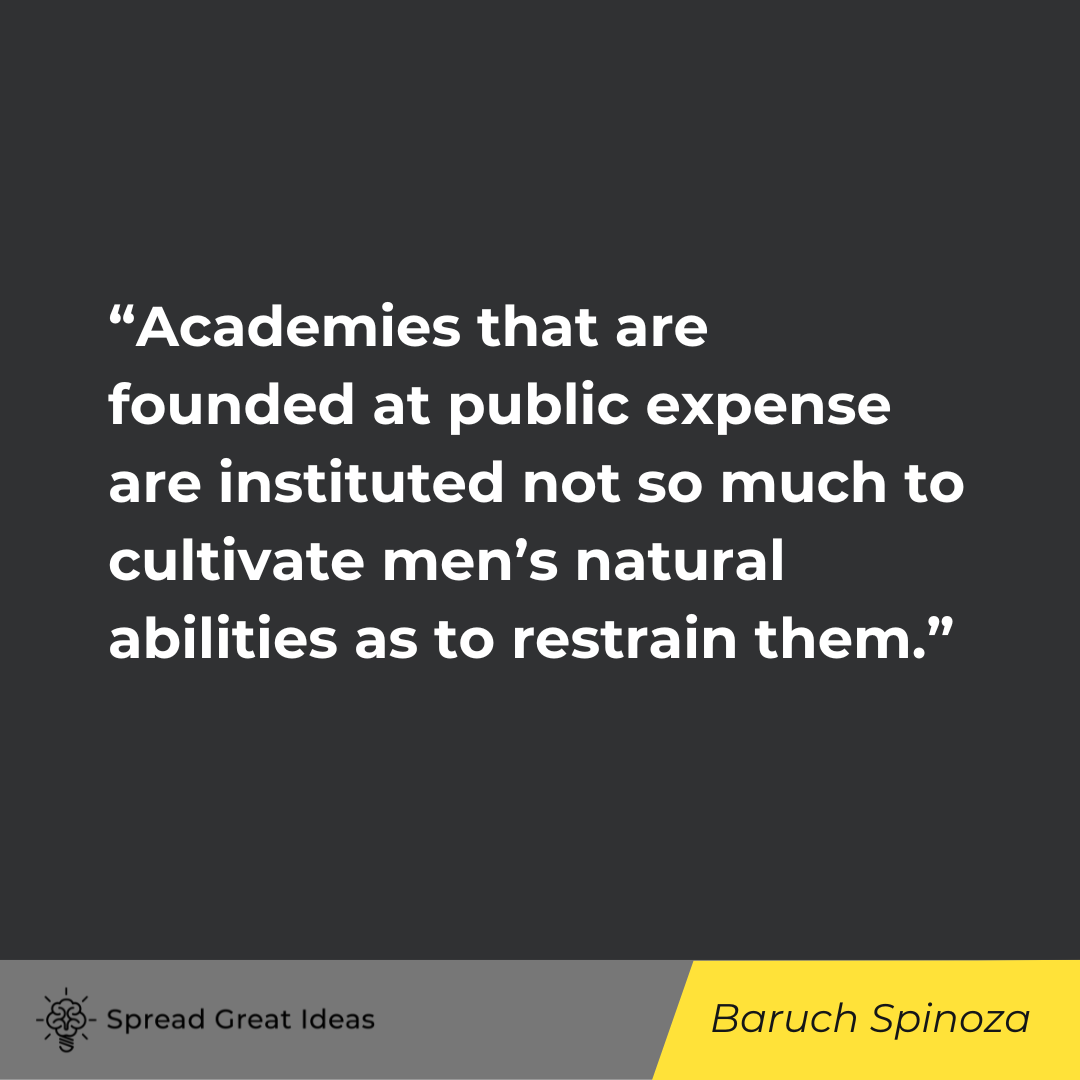
Bernhard Rust
“The whole function of education is to create Nazis.”
– Bernhard Rust, minster of education in Nazi Germany

Adolf Hitler
“He alone, who owns the youth, gains the future.”

Ivan Illich
“School is the advertising agency which makes you believe you need the society as it is.”

Joseph Stalin
“Education is a weapon, whose effect depends on who holds it in his hands and at whom it is aimed.”
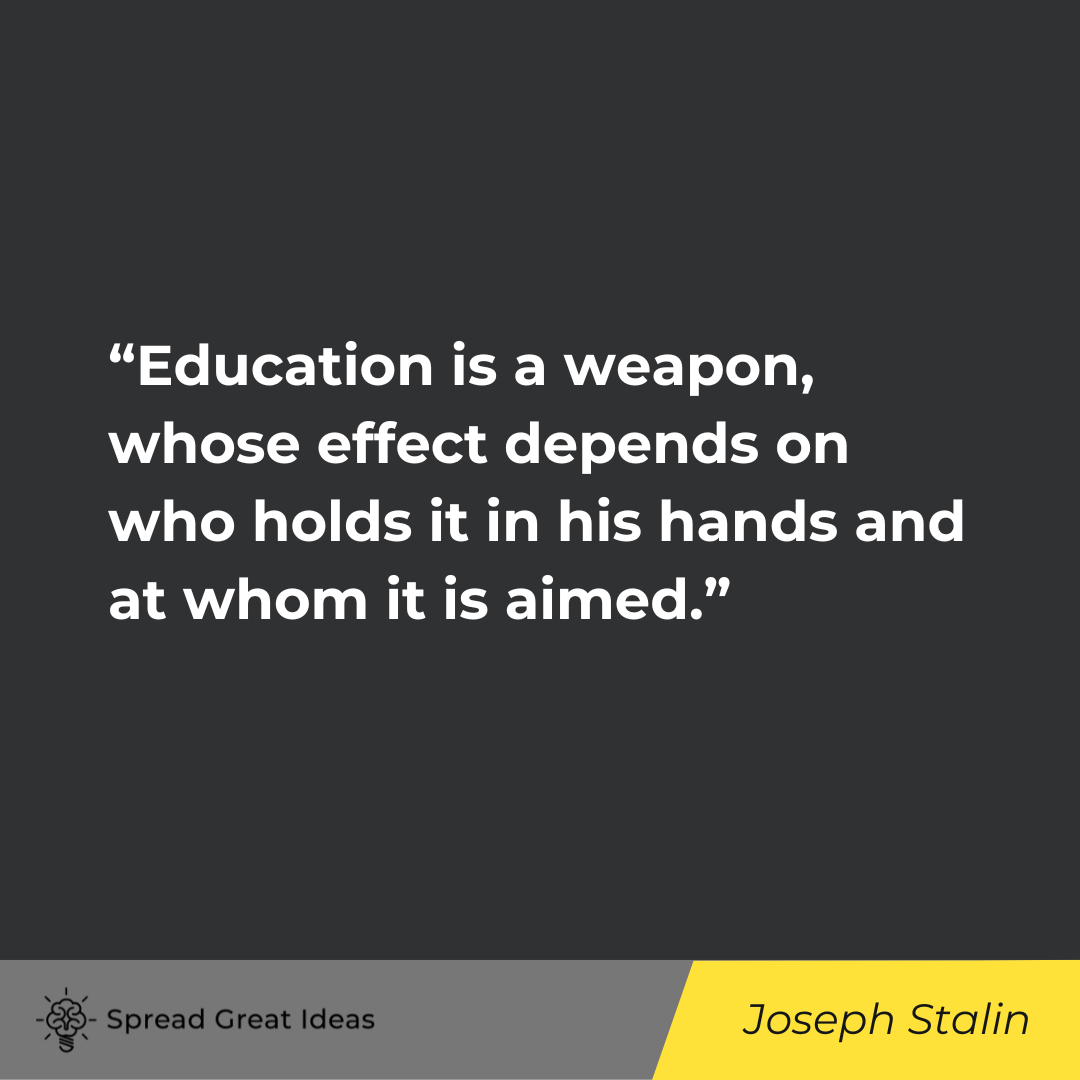
Karl Marx
“The education of all children, from the moment that they can get along without a mother’s care, shall be in state institutions.”
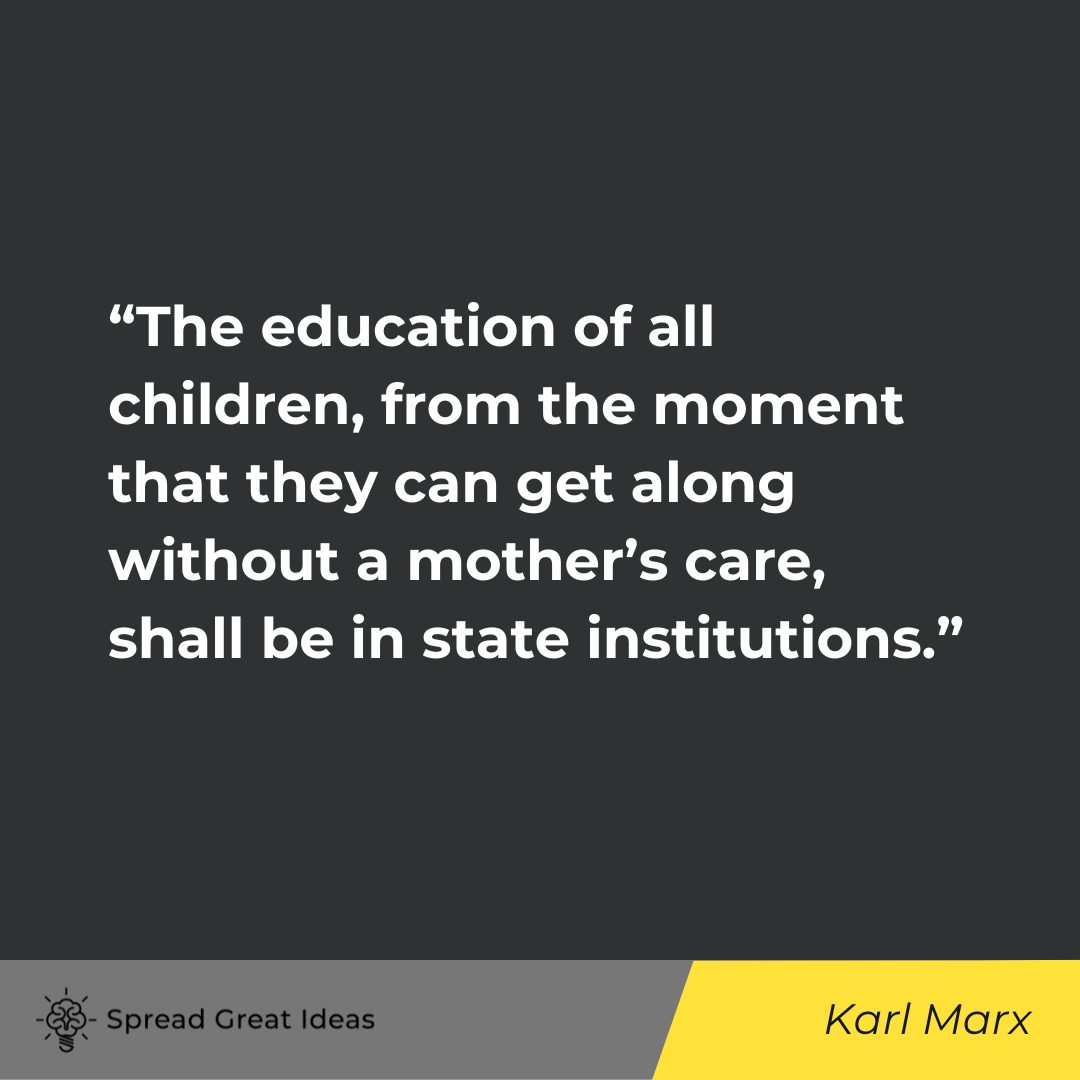
Charles Darwin
“…it is worthy of remark that a belief constantly inculcated during the early years of life, whilst the brain is impressionable, appears to acquire almost the nature of an instinct; and the very essence of an instinct is that it is followed independently of reason.”
– Charles Darwin, The Descent of Man
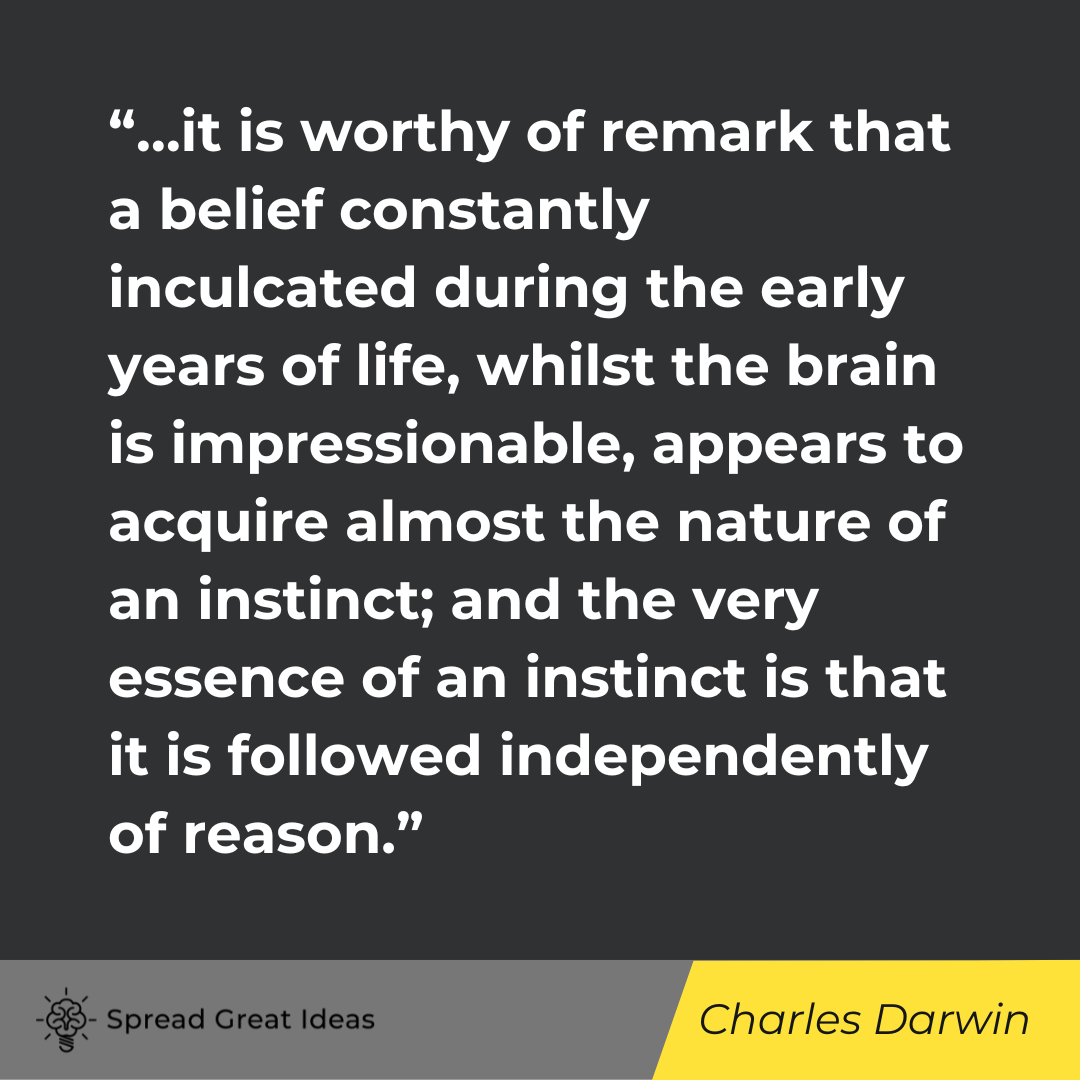
Bertrand Russell
“Diet, injections, and injunctions will combine, from a very early age, to produce the sort of character and the sort of beliefs that the authorities consider desirable, and any serious criticism of the powers that be will become psychologically impossible. Even if all are miserable, all will believe themselves happy, because the government will tell them that they are so.”
– Bertrand Russell, The Impact of Science on Society
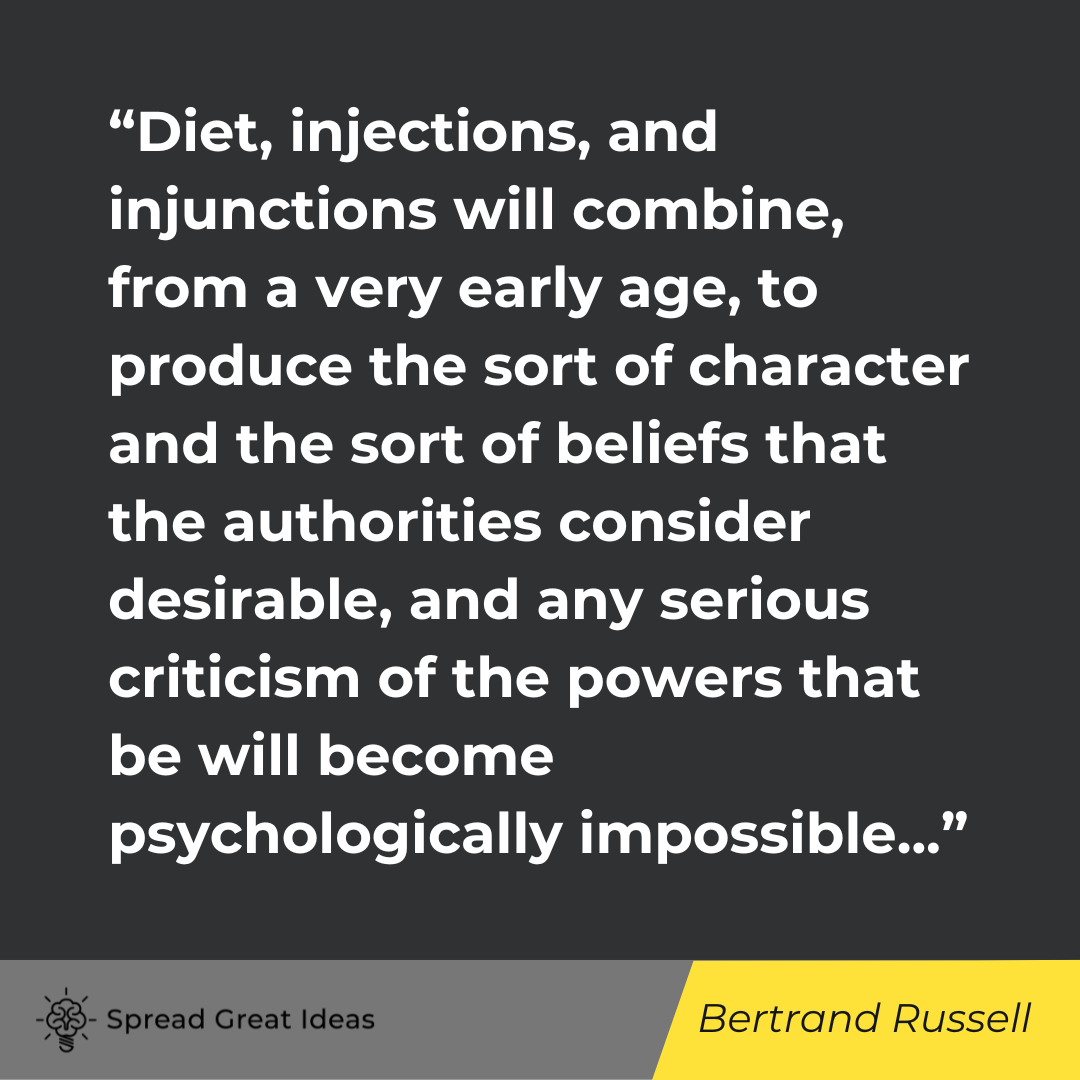
G.K. Chesterton
“Without education, we are in a horrible and deadly danger of taking educated people seriously.”
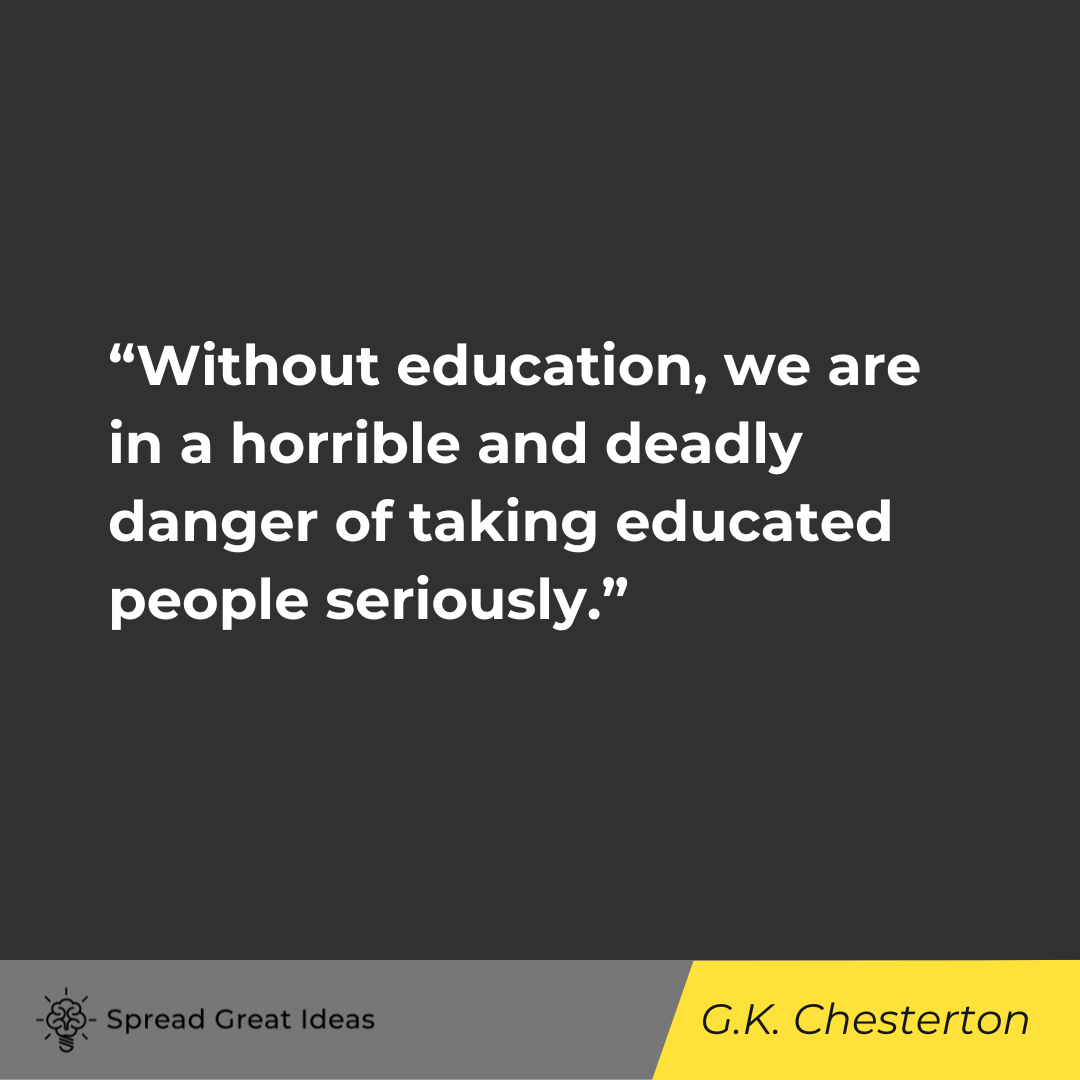
Aldous Huxley
“One believes things because one has been conditioned to believe them.”
– Aldous Huxley, Brave New World
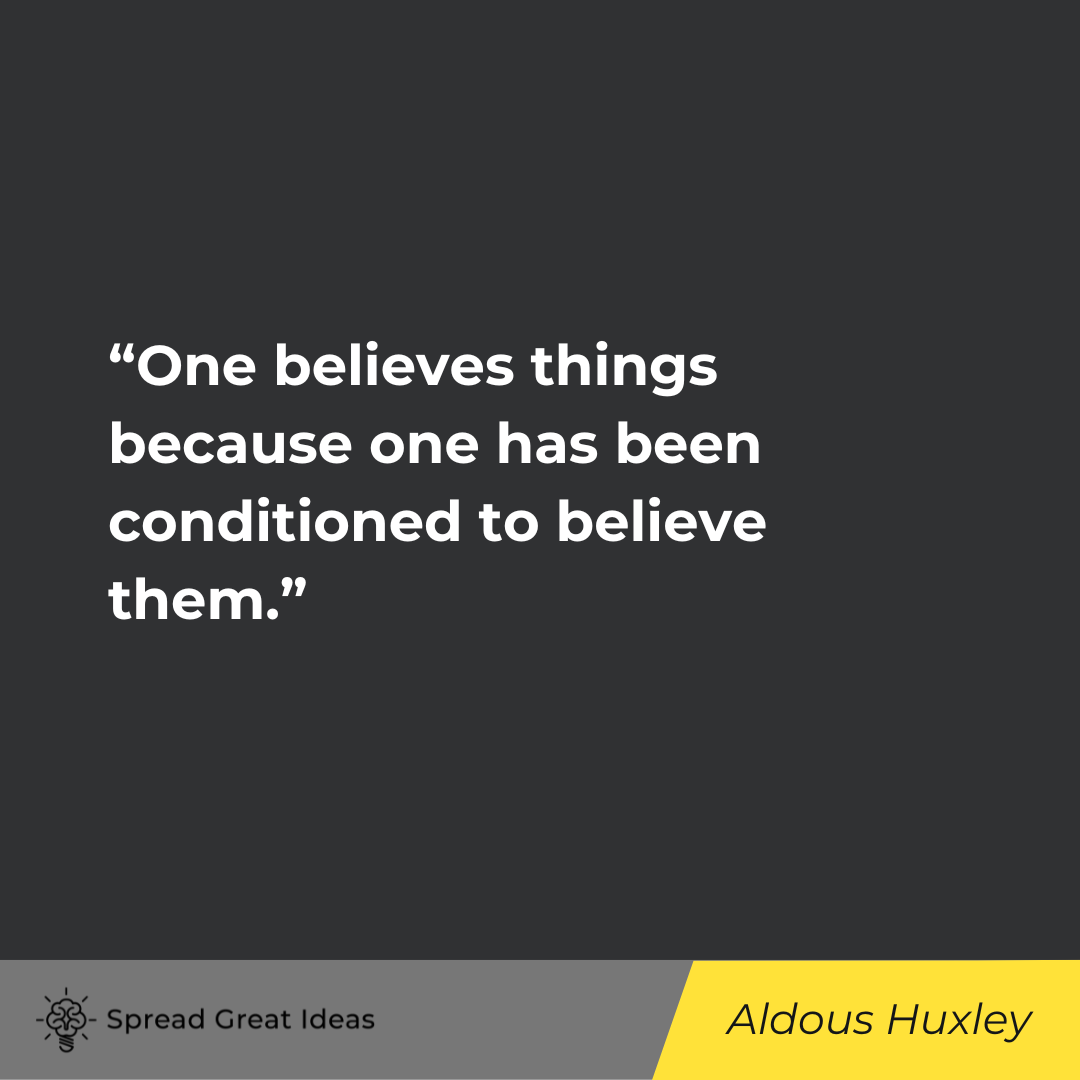
Richard Dawkins
“Do not indoctrinate your children. Teach them how to think for themselves, how to evaluate evidence, and how to disagree with you.”
– Richard Dawkins, The God Delusion

Neal Shusterman
“The sad truth about humanity… is that people believe what they’re told. Maybe not the first time, but by the hundredth time, the craziest of ideas just becomes a given.”
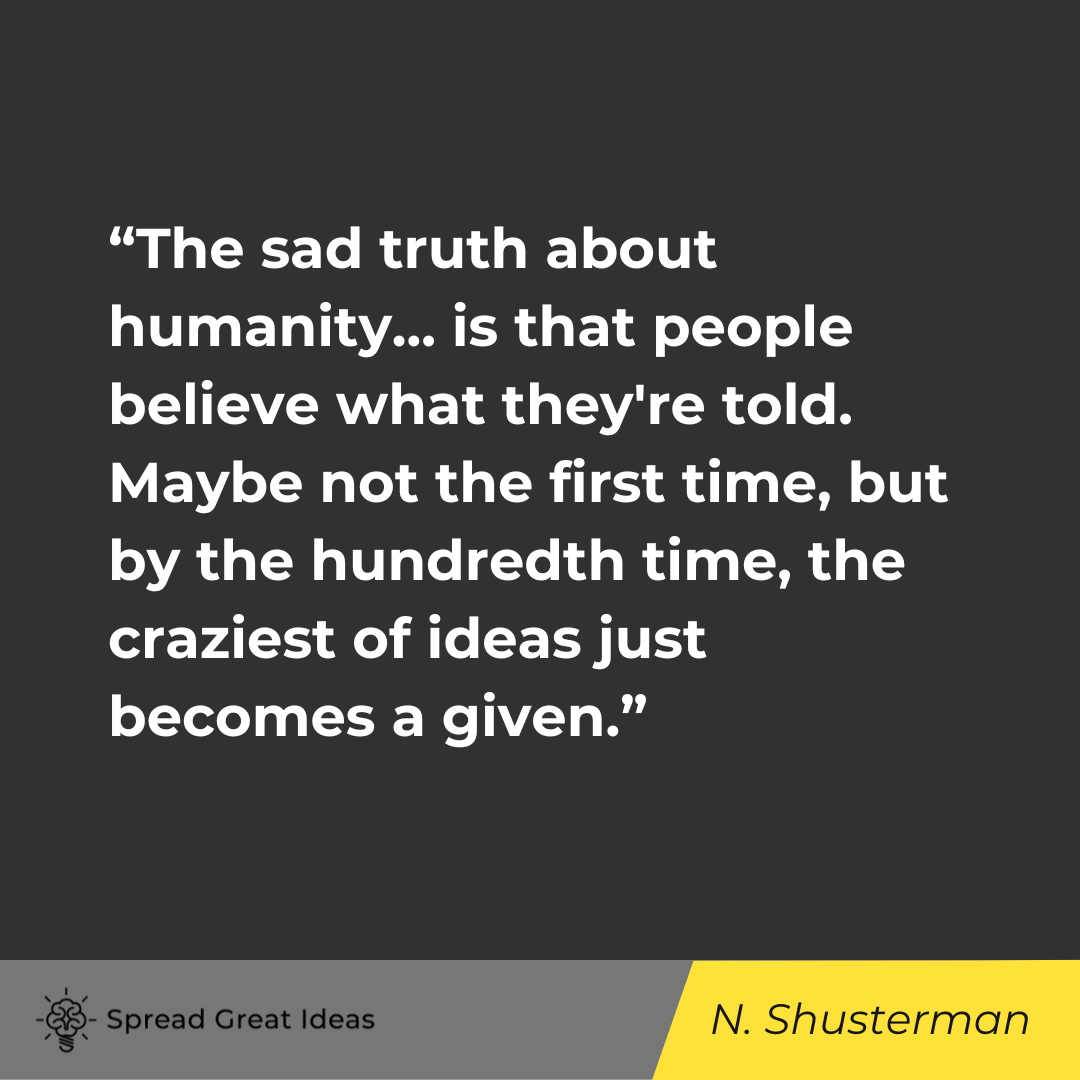
Gillian Flynn
“My dad had limitations. That’s what my good-hearted mom always told us. He had limitations, but he meant no harm. It was kind of her to say, but he did do harm.”

Hermann Goering
“Voice or no voice, the people can always be brought to the bidding of the leaders. That is easy. All you have to do is tell them they are being attacked, and denounce the peacemakers for lack of patriotism and exposing the country to danger. It works the same in any country.”
– Hermann Goering, Germany Reborn
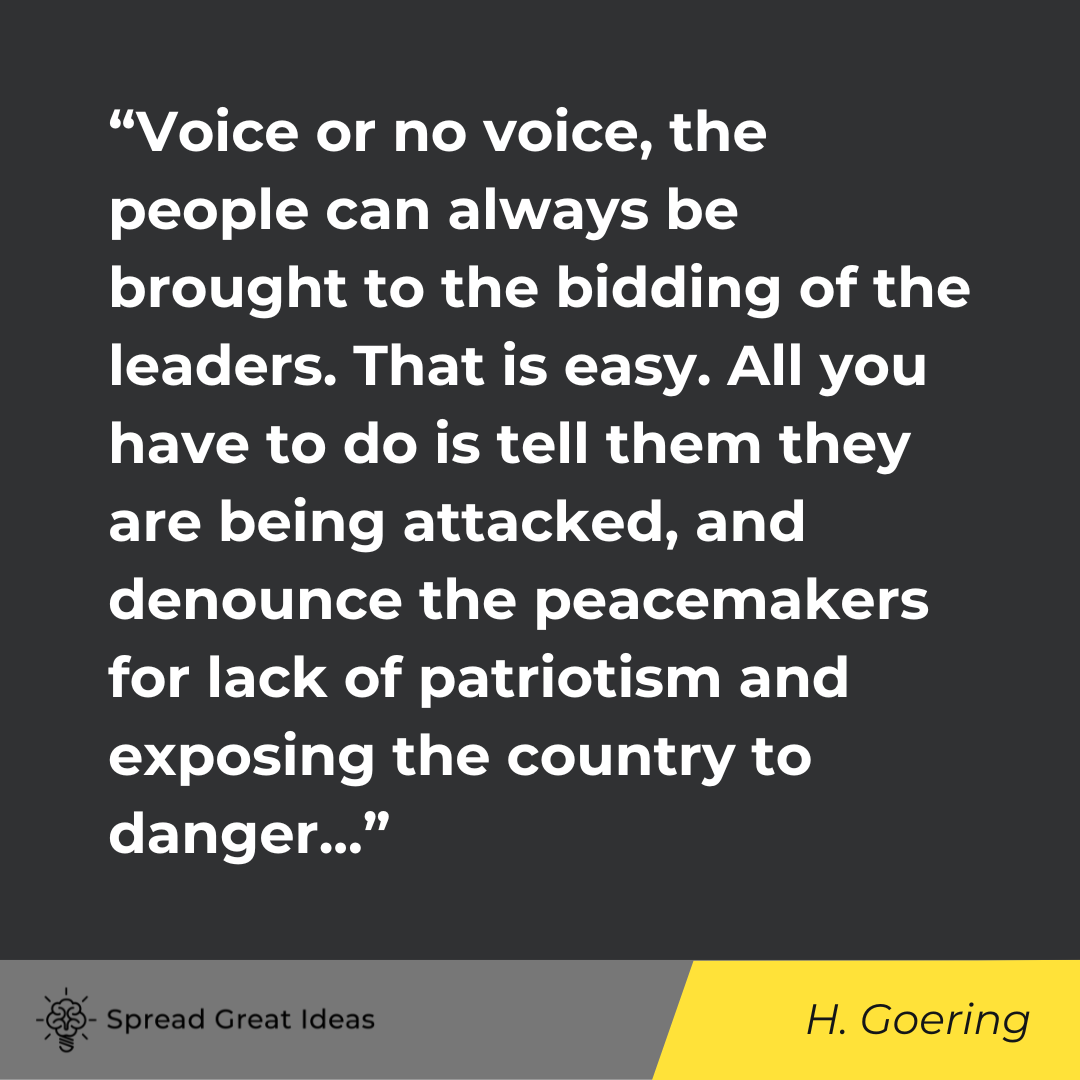
Mokokoma Mokhonoana
“Most people do not have a problem with you thinking for yourself, as long as your conclusions are the same as or at least compatible with their beliefs.”
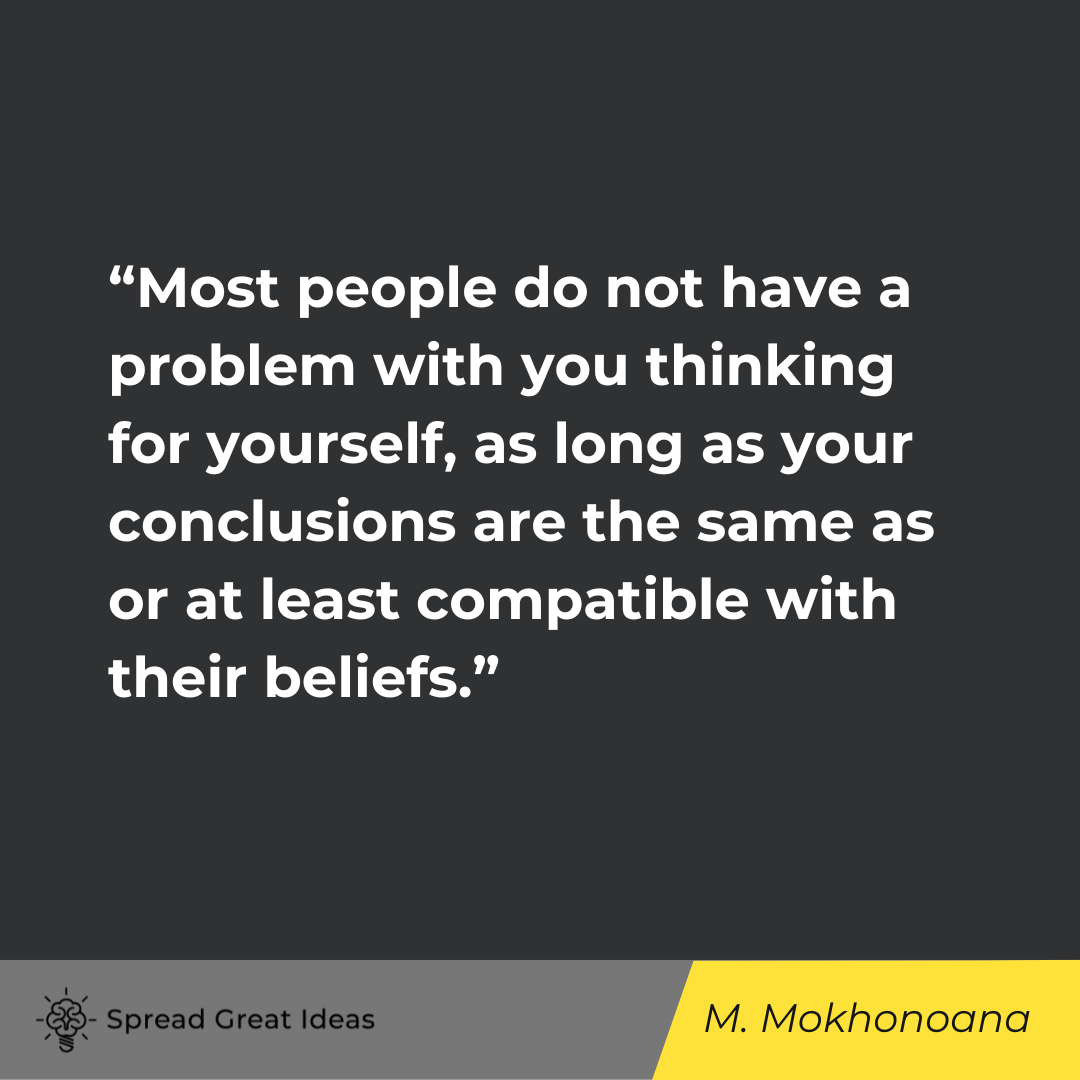
“A ‘normal person’ is what is left after society has squeezed out all unconventional opinions and aspirations out of a human being.”
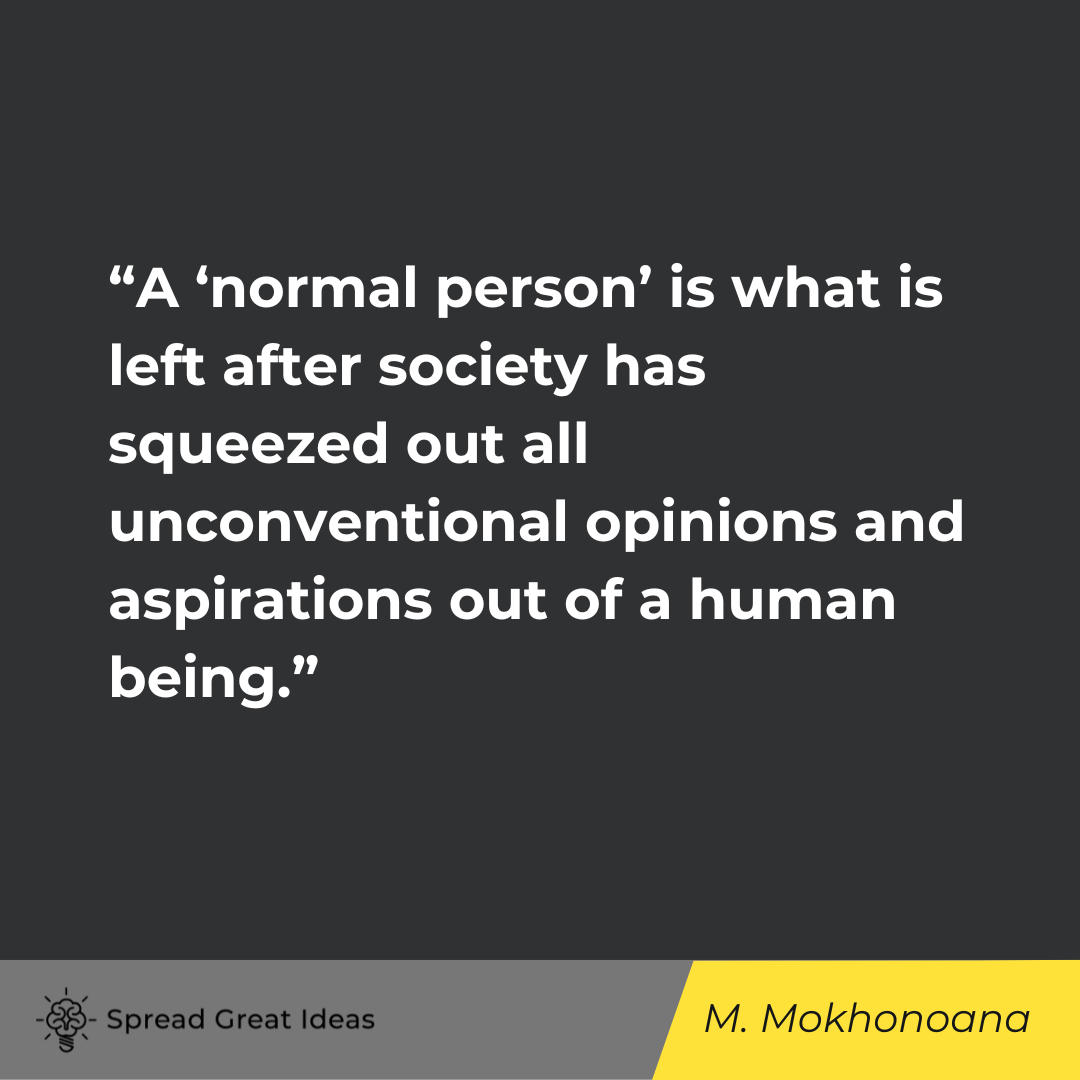
Hypathia of Alexandria
“Fables should be taught as fables, myths as myths, and miracles as poetic fancies. To teach superstitions as truths is a most terrible thing. The child mind accepts and believes them, and only through great pain and perhaps tragedy can he be in after years relieved of them. In fact, men will fight for a superstition quite as quickly as for a living truth — often more so, since a superstition is so intangible you cannot get at it to refute it, but truth is a point of view, and so is changeable.”
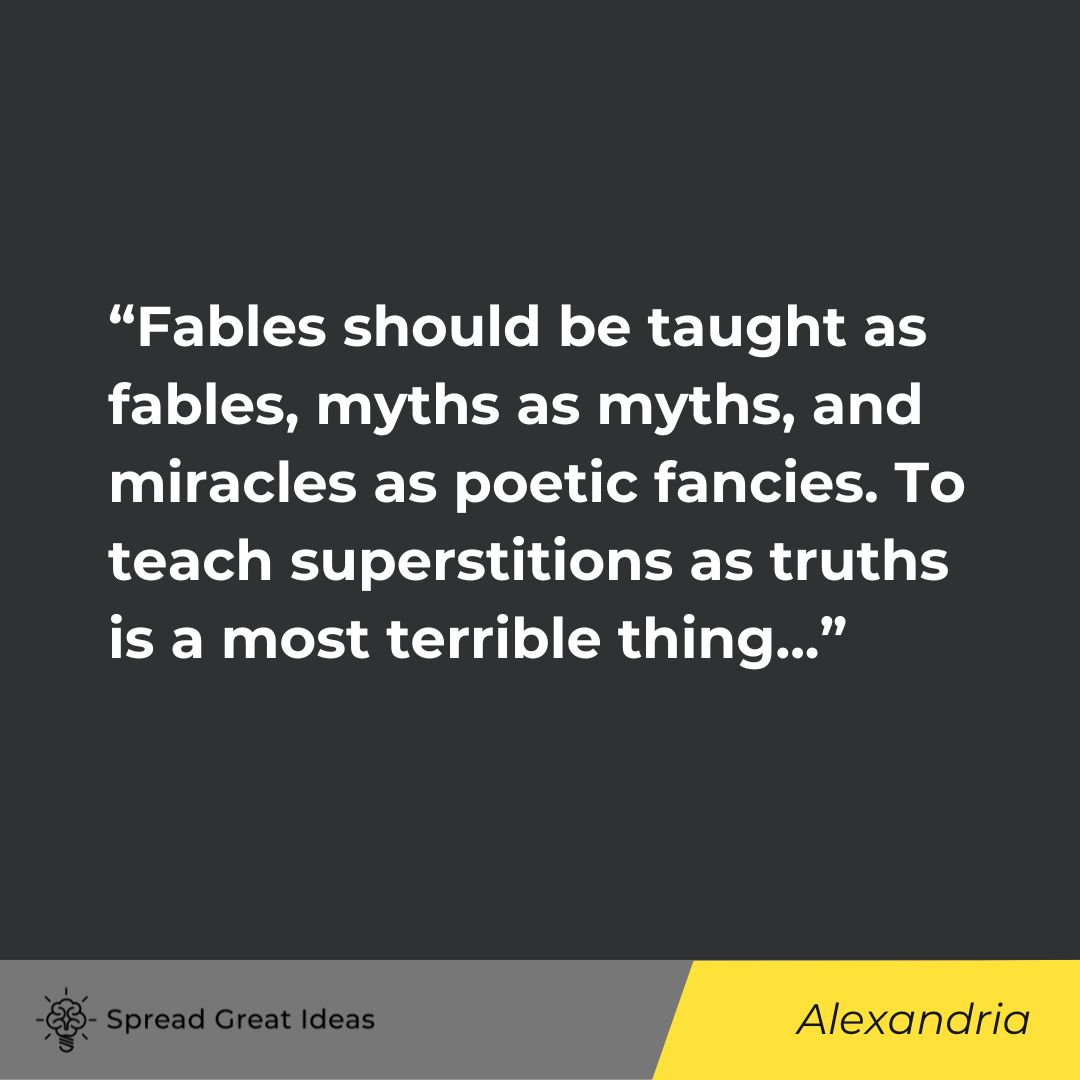
Mark Twain
“When even the brightest mind in our world has been trained up from childhood in a superstition of any kind, it will never be possible for that mind, in its maturity, to examine sincerely, dispassionately, and conscientiously any evidence or any circumstance which shall seem to cast a doubt upon the validity of that superstition. I doubt if I could do it myself.”
– Mark Twain, The Autobiography of Mark Twain
